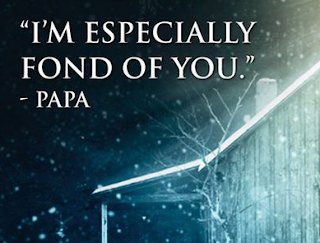Theological Journal - Aoril1: April Fools
Two well-known books written in the first half of the last century expressed what kind of fools their authors believed we Westerners would become. Their proposals appeared to be diametrical opposites, and for a long time it seemed they were. However, in one of those ironies history is full of, in our day both have become true of the same people at the same time. Do you know these authors and their famous books? -One feared those who would ban books. One feared there would be no reason to ban a book, for there would be no one who wanted to read one. -One feared those who would deprive us of information. The other feared those who would give us so much that we would be reduced to passivity and egoism. -One feared that the truth would be concealed from us. The other feared the truth would be drowned in a sea of irrelevance. -The first feared we would become a captive culture. The second feared we would become a trivial culture, preoccupied with some equivalent of the f...
